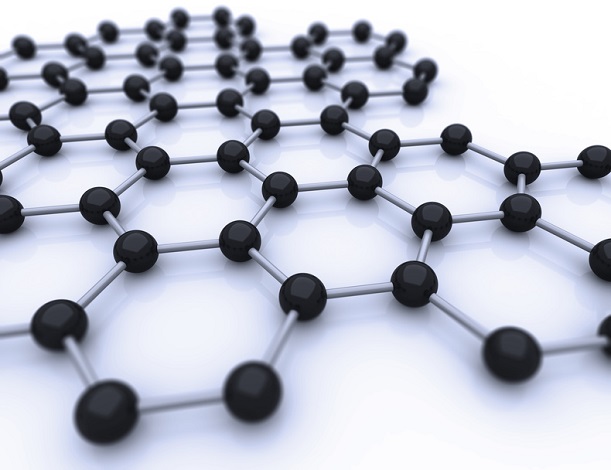Huawei is partnering with the University of Manchester in the UK to explore the potential uses of graphene, the ultra-thin form of graphite.
The one-atom thick material is highly conductive, offering 70 times more electron mobility than silicon. Potentially the tech could be used to build solar powered batteries that can be charged within minutes and bendable and lighter smartphones.
Chen Lifang, Board Director and Senior Vice-President, Huawei, said: “The UK is at the forefront of world-leading R&D capability in fundamental technology and we’re excited to be working with The University of Manchester…on a project that has the potential to explore so many advanced technologies.
“As the home of graphene, The University of Manchester has enormous expertise and the best facilities for working with the material. We are confident our partnership will help to build a better connected world and contribute to the future of the ICT industry.”
James Baker, Graphene Business Director at The University of Manchester, added: “Working with a leading global technology brand gives us the opportunity to take graphene from the lab to everyday products. We are looking forward to working with Huawei over the next couple of years to develop new materials for consumer electronics and mobile communication devices.”
The UK government has already invested £90 million to fund graphene research. The European Commission has its own research program, with 142 organisations at work across 23 countries.



